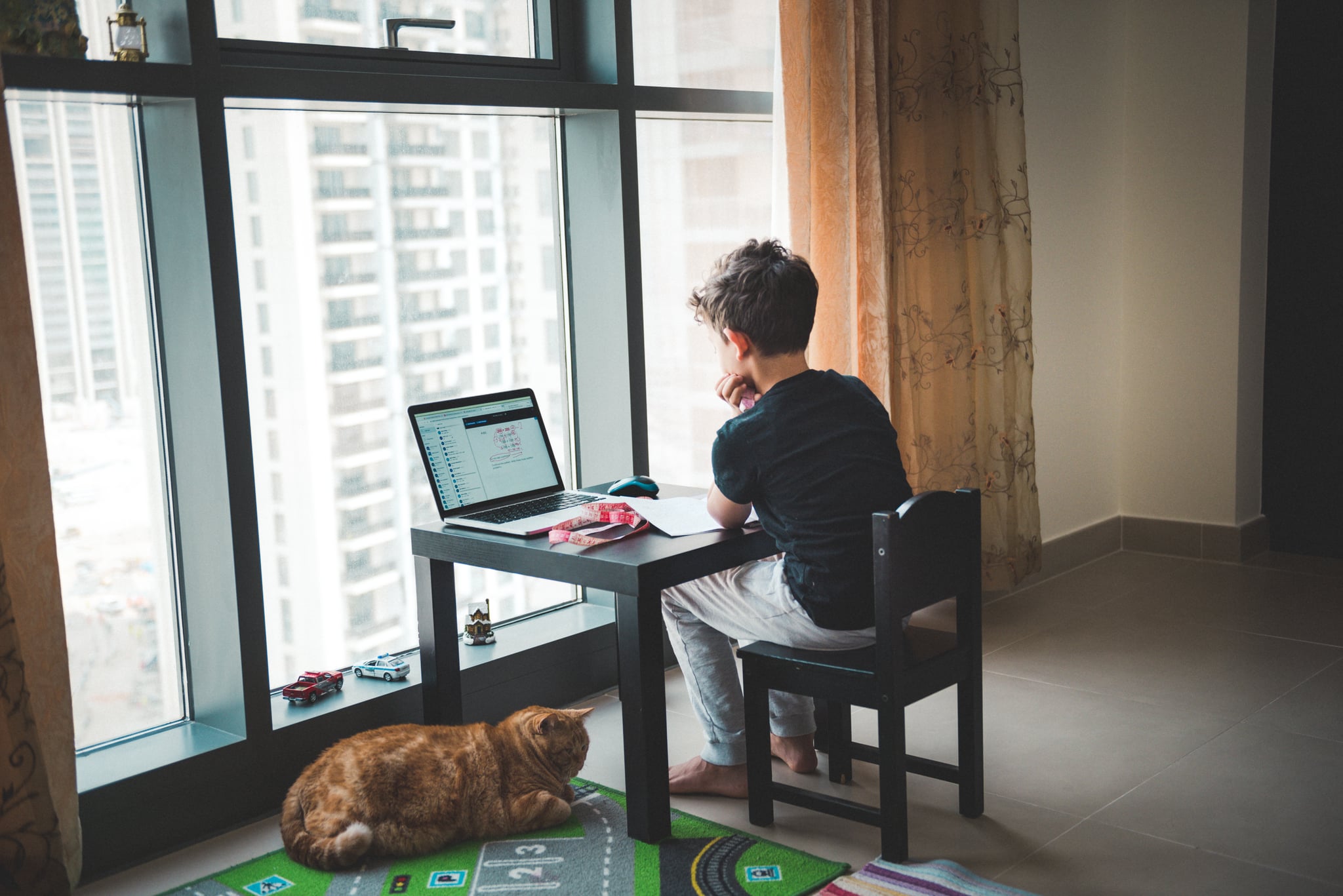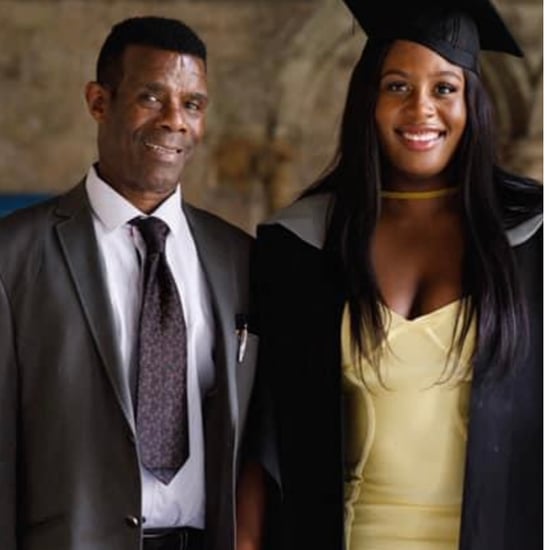COVID-19 is Hindering How My Child With a Disability Learns
COVID-19 Precautions Have Made Learning a Challenge for My Child with a Disability

COVID-19 has disrupted the lives of families worldwide. Children with disabilities face a unique struggle as they work to overcome difficult challenges in development and learning. Across the globe, families fight every day to bring a sense of normalcy, growth, and development to their children with special needs. COVID-19 precautions in the educational environment only amplify this virus's harmful effects on children with disabilities and their families.
I have seen first hand how COVID-19 precautions have a severe impact on the learning environment for children with disabilities. As a brain-tumor and stroke survivor, my son has significant health risks that have forced us to opt for distance learning. The daily medications he takes for epilepsy lower his immune system. Developmental issues he has from his brain surgery leave him at risk of developing more severe symptoms if he were to contract COVID-19. Additionally, any illness, even a slight cold, has always been a trigger for significant seizures when it comes to his condition. So, after talking to his medical team, we had no choice but to keep him home.
I thought the peace of mind we would have, knowing he was safe, would make the learning experience easy. The truth is that the extra precautions we've had to take for the past 8 months have affected our child in many ways. Initially, I thought I could help him with his school and do my work when he was done. I didn't consider how much assistance he requires, the aid we take for granted when he's out of sight for an in-person learning experience.
Online learning is a challenge for a child with special needs. The strategies put in place to support them have been totally uplifted. Routines are disrupted, social supports are eliminated, and recreational programs cease to exist. The average parent of a child with a disability is forced to be a special needs teacher, occupational therapist, speech-language pathologist, behavioural therapist, and more. For some parents, that's on top of working full-time, keeping up the house, interacting with the rest of their families, manageing medication, scheduling doctor appointments, the list goes on.
Luckily, unlike the environment we were initially thrown into in March, the 2020-2021 school year provides more distance learning support. Instead of relying on pre-taped videos and written instructions that require one-on-one work with my son as his teacher, he is now live-streamed into the classroom. His primary teacher does an absolutely fantastic job of keeping him involved in the class. She rolls around his computer on a cart, giving him a full virtual experience as if he were in the classroom. She even puts him in front of his peers to work on their activities or chat during snack.
But, it's still my responsibility to facilitate meetings, supervise, redirect, manage the schedule, print materials, set the house up for occupational therapy obstacles, among other things. In many ways, his current learning environment is a struggle. We've rearranged our home to create a dedicated learning space, eliminating as many distractions as possible. However, it's still home to our 6-year-old. Relying on Mom or Dad or Nana to be his educational assistants often leads to frustration for him, taking away from his ability to learn.
Additionally, because of his brain surgery's effects, he accesses information differently from his peers. He learns best by doing, requiring constant repetition for ideas and concepts to stick. Many of his specials, like music and media, are a struggle. He finds it hard to participate, which makes it hard for him to pay attention in class. He also enjoys being a role model. When he sees that he can help others by paying attention, working hard, or trying again, he thrives. Not having that peer interaction has dramatically affected his enthusiasm and eagerness to learn.
Finally, the social-emotional impact of COVID-19 precautions has been immense. Peer connections matter so much to children, especially in the primary grades. The loneliness, anxiety, and depression that have resulted from this isolation most certainly impact my child's ability to learn. For a kid who is his best self when surrounded by others, seeing his classmates at their desks in school leads to many meltdowns in our house. When behaviours become a challenge, learning does too. Organisations like Make a Wish CT has done a great job at connecting kids and giving them exciting, innovative ways to interact with one another. But the fact remains that kids with disabilities still struggle with the restrictions they face. My son genuinely misses physical interaction with other kids, and seeing other kids together makes it hurt that much more.
COVID-19 precautions have made for some problematic learning experiences in our house, but we continue to do our best to cope. I've considered cutting back on my son's outside therapies. Still, I fear that opting out will ruin the amazing progress we've worked proactively to achieve. So, I remind myself to take one day at a time, reaching out for support when we need it.
Most importantly, I remind my son that he is enough. When he feels sad, I let him cry. When he feels angry, I help him find his calm. When he feels frustrated, I give him tools to ease his agitation. When he feels defeated, I remind him that as long as he tried his best, he's made me as proud as a Mom can be.







